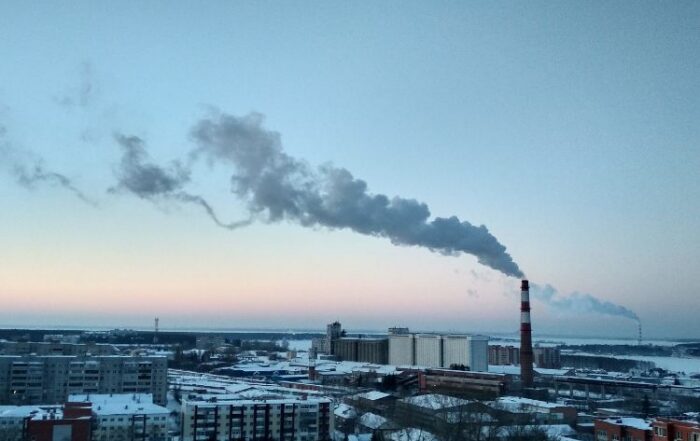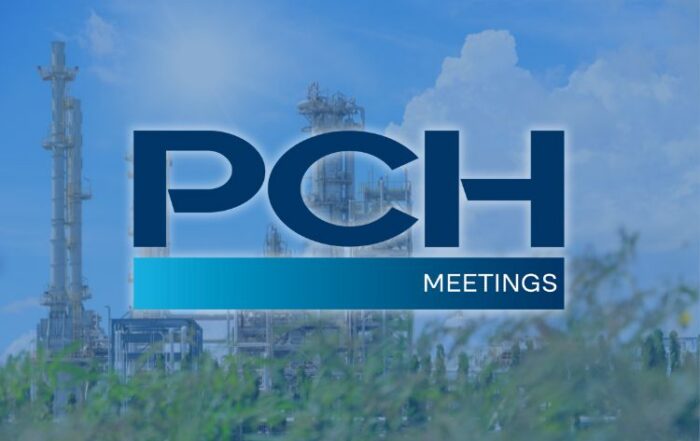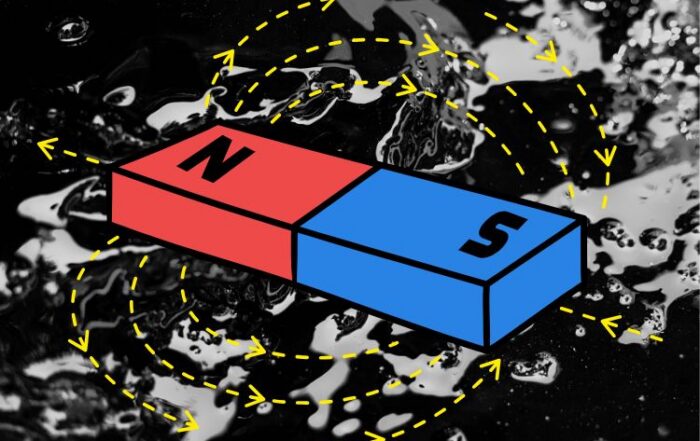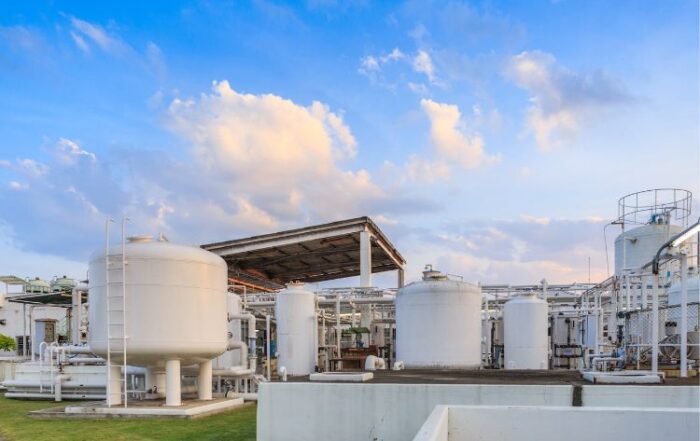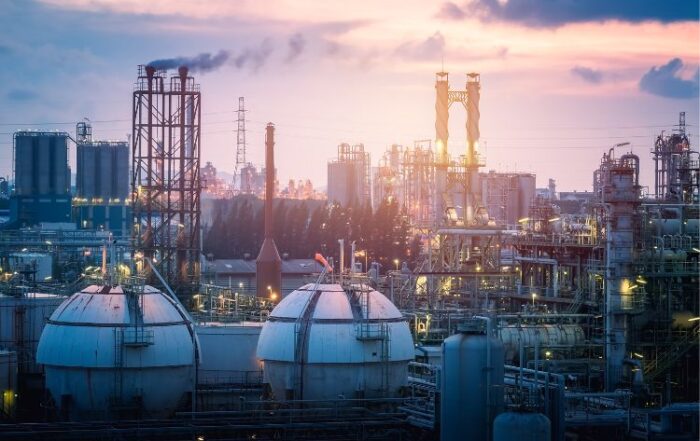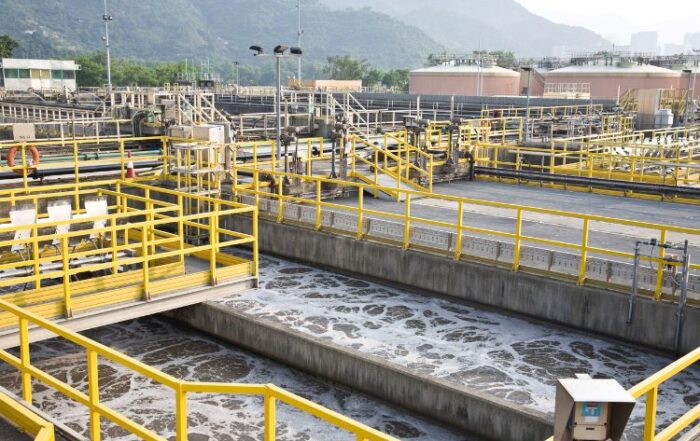
Lixiviate Stripping on Manure Treatment Plants
In such plants usually lixiviates with NH3 dissolved are produced. This ammonia must be degassed before disponsing these waters away.
The most common in this type of plants is to perform a two-step process:
1st Stage:
In this first stage, a stripping or degassing of NH3 contained in the liquid effluent is performed. This gets into a stripper in which air is injected counterflow. To promote degassing previously an alkaline pH is set. The obtained liquid is collected in a tank where by means of an automatic pH control, H2SO4 is dossified to obtain a final pH around 7.
2nd Stage:
In this second stage the air contaminated with NH3 from the previous stage is fed to a scrubber in which a solution of H2SO4 is recirculated, with automatically controlled pH, producing a solution of (NH4) 2SO4 that once reached a concentration close to 40 % is discharged to a storage tank . This concentration is measured by a conductivity controller .
We must emphasize that the air circulates in a closed loop to preserve heat energy , thus favoring the degassing, which would be impossible if outside air is continuously introduced.
It should also be added that if the effluent to be treated has no solids is not expected clogging of the packing. However during the first months of operation it will be necessary inspections of the packing fill and bottom of stripper and scrubber .
More information
Give us your contact details and we will advise you on the best solution for your application.
View also
How Gas Scrubbing Technologies Will Drive Decarbonisation in the Chemical Sector
Decarbonisation as the Urgent Challenge for the Chemical Industry The chemical industry is entering one of the most transformative decades in its history. As regulatory pressure intensifies and global climate targets advance, [...]
Tecnium to attend PCH Meetings 2025 in Lyon
Leading Innovation in Chemical Process Equipment Tecnium will participate in the 21st edition of PCH Meetings, the leading international business convention for process, chemical, petrochemical, and pharmaceutical industries, to be held on [...]
Magnetic Drive Pumps: The Science Behind Leak-Free Chemical Transfer
Why Magnetic Drive Technology Matters In industrial environments where safety, reliability, and chemical containment are critical, even a small leak can have major consequences. Traditional centrifugal pumps, which rely on mechanical seals [...]
Biofiltration for Air Pollution Control
Introduction to Biofiltration and Air Pollution Control Air pollution control is a persistent challenge across multiple industries — from wastewater treatment to chemical manufacturing, food processing, and beyond. As regulations grow stricter [...]
ECHA 2025 Report
Why the ECHA 2025 Report Matters The European Chemicals Agency (ECHA) plays a central role in regulating the safe use of chemicals across the European Union. Through its guidance, risk assessments, and [...]
A Key Element for Environmental Protection in WWTPs
Why Gas and Odour Emissions in WWTPs Are an Environmental Issue Wastewater treatment plants (WWTPs) play a critical role in safeguarding public health and the environment. However, the treatment process itself can [...]

